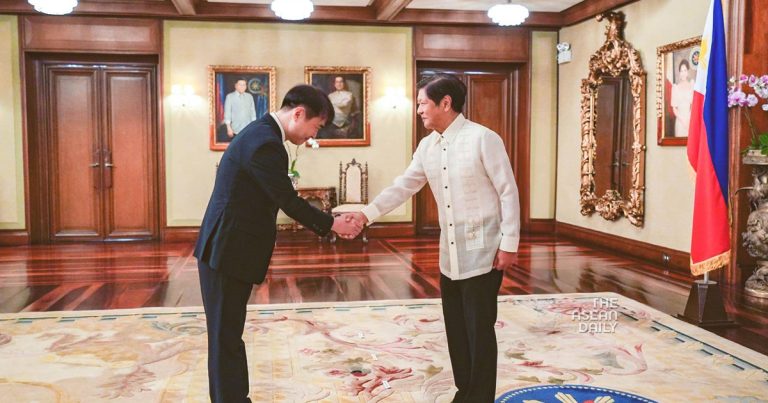7-8-2023 (MANILA) South Korea has chosen the Philippines and Timor-Leste as recipients of a $9-million aid package aimed at tackling the issue of marine plastic pollution. The six-year initiative, known as “Reducing Marine Plastics in the East Asian Seas Region,” seeks to enhance the management of marine plastics in these two countries by implementing science-based governance, promoting innovative solutions for a circular economy, conducting regular beach monitoring for marine plastics, and raising awareness through relevant training and community outreach.
The project will be carried out in ten locations, including six coastal communities in the municipalities of Bulan and Daanbantayan, as well as in the cities of Calbayog, Dipolog, Puerto Princesa, and Tandag in the Philippines. In Timor-Leste, the initiative will focus on four coastal municipalities: Atauro, Manatuto, Liquica, and Dili.
The Philippines is recognized as one of the major contributors to global marine plastic pollution, while Timor-Leste faces challenges in waste and plastic management due to inadequate infrastructure and difficult geography.
South Korea has been actively advocating for the reduction of marine plastic pollution in recent years. In 2021, the country established its third basic plan, aiming to decrease marine plastic waste generation by 60% by 2030 and achieve zero waste by 2050 through a comprehensive life-cycle management system that encompasses the generation, collection, treatment, and recycling of marine debris.
Sunhyung Ryu, the director of the Marine Conservation Division at the Ministry of Oceans and Fisheries, expressed the hope that the project would strengthen the capacity to combat marine debris and plastic pollution in the Philippines and Timor-Leste. He emphasized the opportunity for sharing experiences and best practices regarding South Korea’s marine plastic waste management policies and recycling technologies.
The project is being carried out in collaboration with the Department of Environment and Natural Resources and its relevant bureaus in the Philippines, as well as the Secretary of State of the Environment and the Ministry of Agriculture and Fisheries in Timor-Leste.




